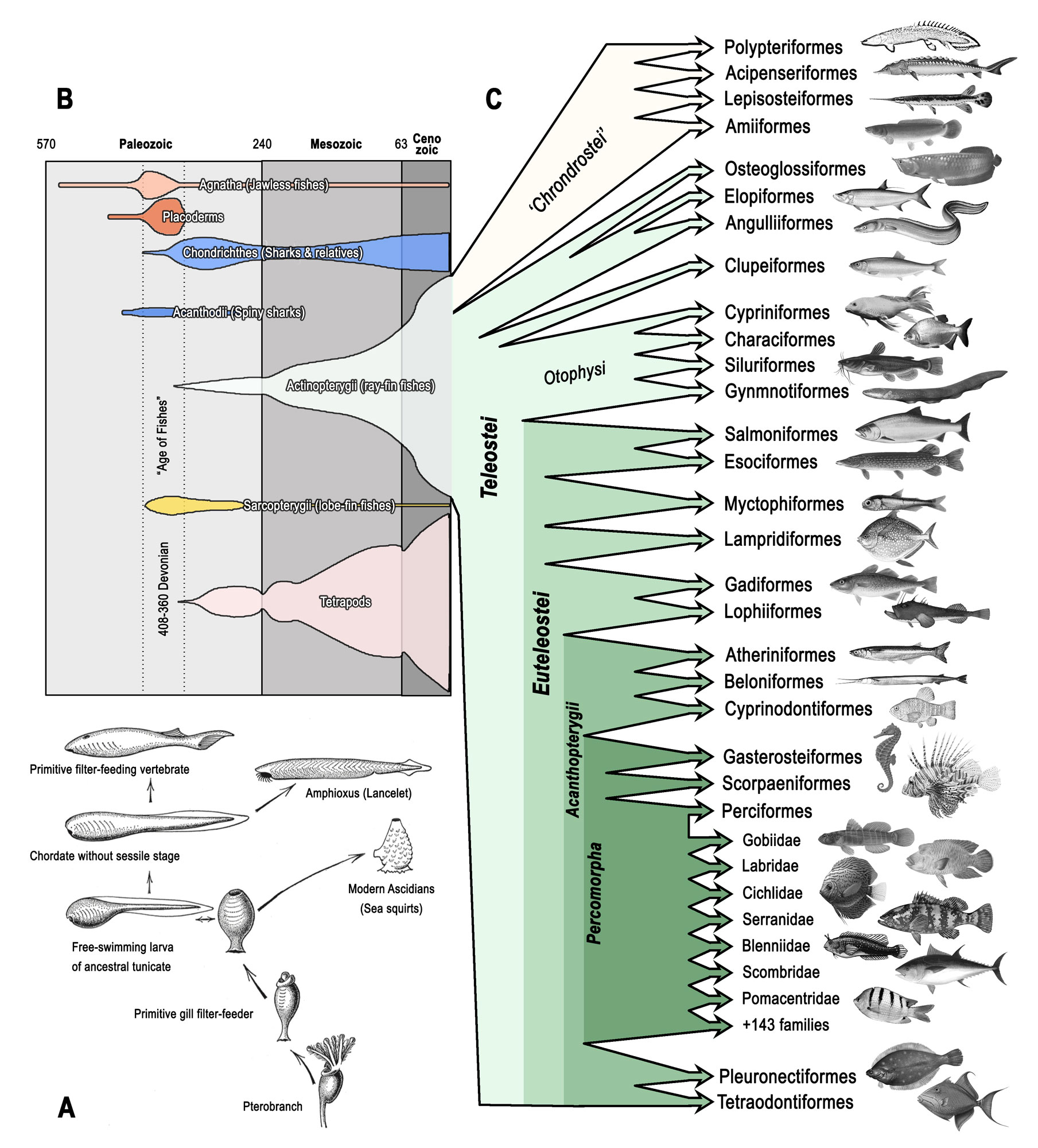3rd March 2022. DMS faculty Hannes Baumann contributed a chapter to the new textbook Marine Biology: a functional approach to the oceans & their organisms (Taylor & Francis), which has just been published. The chapter is based on Baumann's long-running class "Ecology of Fishes" (MARN4018/5018), touching on a large variety topics including fish evolution, zoogeography, metabolism, growth, reproduction & basic concepts of fisheries science. The book is geared towards advanced undergraduate and graduate students, stimulating interest while encouraging readers to seek out further in-depth sources.
- Baumann, H. (2022) Chapter 11: Fish Ecology
In: Pan, J. and Pratolongo, P.D. (eds) Marine Biology: a functional approach to the oceans and their organisms. CRC Press/Science Publishers (Taylor & Francis)
ISBN 978-0-367-02498-7 (hardback), 978-0-429-39924-4 (e-book) | published March 3rd 2022
"With about 28,000 known species, fishes make up more than half of all known vertebrates (Helfman et al. 2009). Over the course of their long evolutionary history they radiated in every conceivable aquatic habitat, from the open ocean and deep-sea trenches to shelf seas, estuaries and lakes, to rivers and the smallest streams and ponds. They are found in subzero Antarctic waters, altitudes of over 4,000 m and even acidic desert springs of > 40°C (Moyle and Cech 2004). The fascinating adaptations to these habitats have produced a mind-bending diversity of form and function, a difference in size that spans more than three magnitudes (0.01 – 18 m), and a profusion of reproductive strategies. Apart from their diversity and unique evolutionary history, fishes are of intense scientific interest for economic reasons, because they comprise the nutritional foundation for a large part of humanity (Costanza et al. 1997) and their exploitation over time has led to thriving – and warring – civilizations. Today, the impetus of sustainable fish management at a time of rapid ecological re-organization due to man-made climate change has made the study of fish ecology and fish stock productivity as urgent and important as ever."
